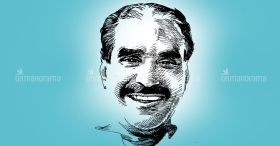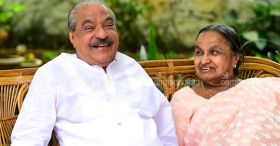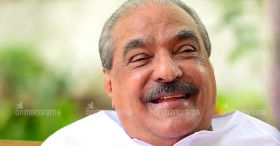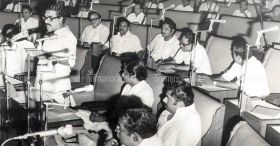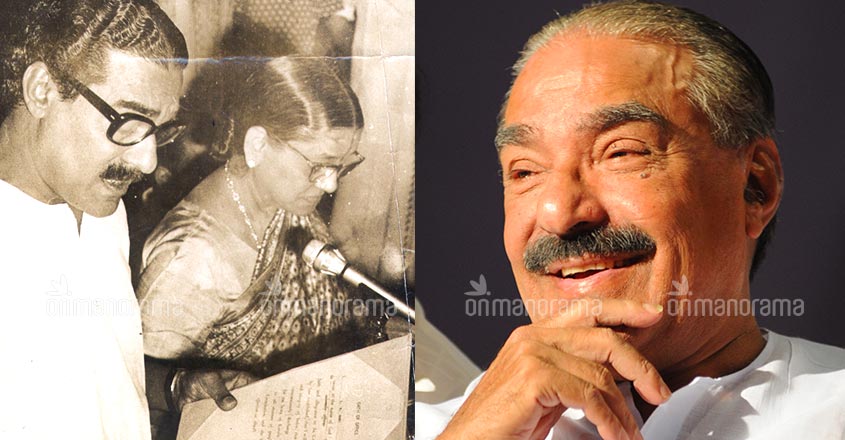
Kottayam: K M Mani's days as a degree student in Tiruchirappally were cut short when the hostel warden seized from his room a book deemed offensive – Karl Marx's Capital.
Mani later ventured into politics and formed his own theory of the toiling class. His success owed more to his pragmatism though. He capped his political career with a slew of records matched by few.
Mani's parents, Karingozhaykkal Thomman Mani and Eliyamma were humble farmers at Marangattupalli near Pala.
As a boy, he wanted to follow in the footsteps of the priests from Conoor who visited places in Kerala in search of potential seminarians. The wish was never fulfilled.
He went to the St Thomas School at Marangattupalli, St Antony's School at Kadaplamattam, St Mary's School at Kuravilangad and St Thomas School at Pala.
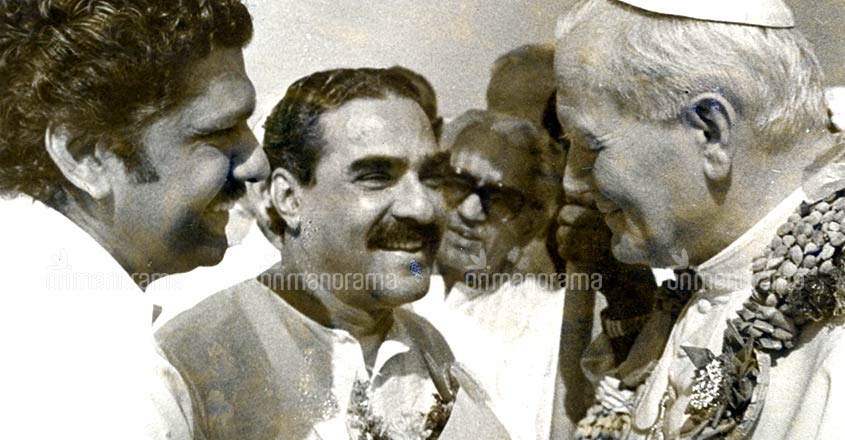
"I was in high school when (the then princely state) Travancore witnessed an agitation for responsible rule. We the students of St Thomas took out a demonstration to boycott classes. On the way, we were told that the agitation has been successfully called off. We cheered," Mani has said in an interview.
Mani went to study in St Joseph's College in Tiruchirappally and Sacred Heart College in Kochi.
He earned a law degree from the Madras Law College in 1955 and started practising with P Govinda Menon, a former high court judge. Mani cut his teeth in politics when Menon ran for the post of the municipal chairman of Kozhikode. A year later, he was back in Pala.
The orator in Mani was first recognised by Congress leader P T Chacko. He was chosen to be a mandalam president of the party. He rose to be a KPCC member in 1959 and the district chief of the party in Kottayam in 1964.
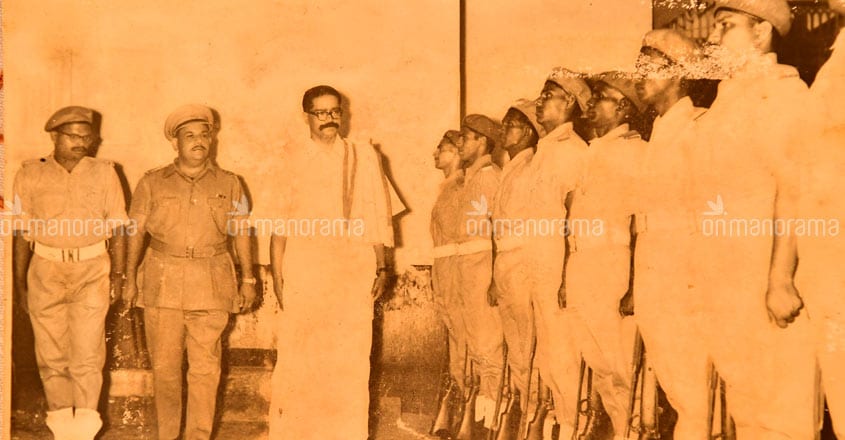
The demise of Chacko led to fissures within the party. Chacko had to quit as home minister after his car was involved in an accident near Thrissur. The people reported seeing him with an unidentified woman. Despite a clarification that the woman was a party activist, Chacko's rivals in the party targeted him with allegations.
Chacko had an unceremonious exit from active politics. He returned to be an advocate and died soon after following a heart attack.
His supporters were convinced that he was wronged by the party. K M George and R Balakrishna Pillai led a group of 15 MLAs out of the party.
The Kerala Congress was born in Kottayam in October 1964. George was chosen as the party chairman and Mathachan Kuruvinakkunnel its general secretary.
The entire district committee of the Congress transformed into a unit of the new party overnight.
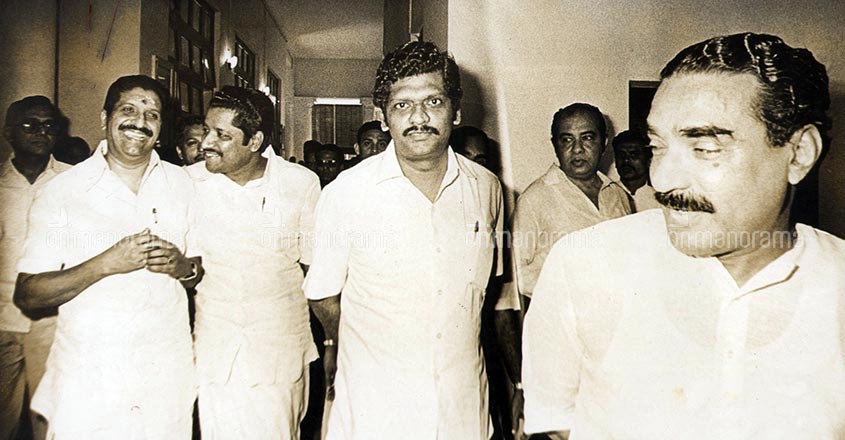
The party turned to Mani to represent it in the newly formed Pala assembly constituency in the 1965 election. Party leaders contributed the money for the campaign. The party won 26 seats and its parent was reduced to 40 seats.
Yet no party could form a government and the assembly was dissolved.
Mani rose steadily in the party. He was elected the general secretary in 1971 and 1972. With the demise of George in 1976, the stage was set for Mani's dominance of the party.
He became the home minister in the K Karunakaran ministry formed after the emergency.
Though Mani made his debut through the Congress, he built his career along with the Kerala Congress. His achievements as the chief of a regional party stands out. Not many could match his records. Even breakaway factions of the Kerala Congress were not able to replicate its success.
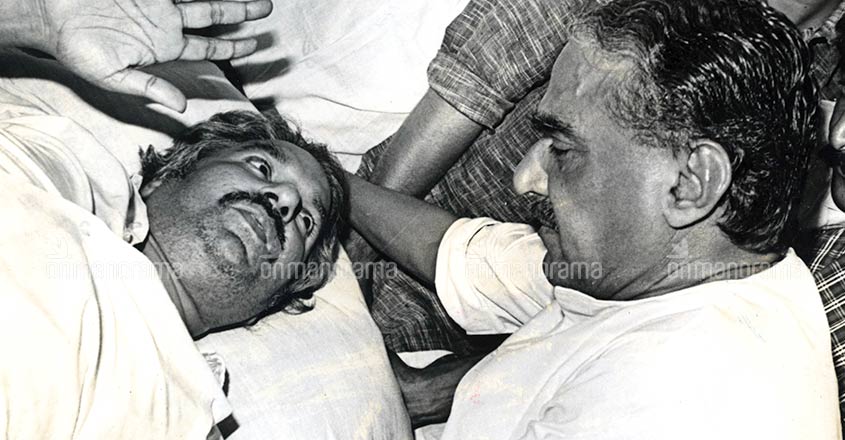
Those who locked horns with Mani either patched up with him or went into oblivion. Many earned for himself a reputation as an able administrator. He enjoyed the trust of the voters of Pala for an unbroken 52 years. Perhaps only Oommen Chandy can come closer to his achievement.
Mani's later years were marred by allegations of corruptions. He had to quit the Chandy ministry after bar owners alleged that he had received bribes from them.
In his frustration, he distanced himself from the Congress, but later came back into the United Democratic Front fold.

